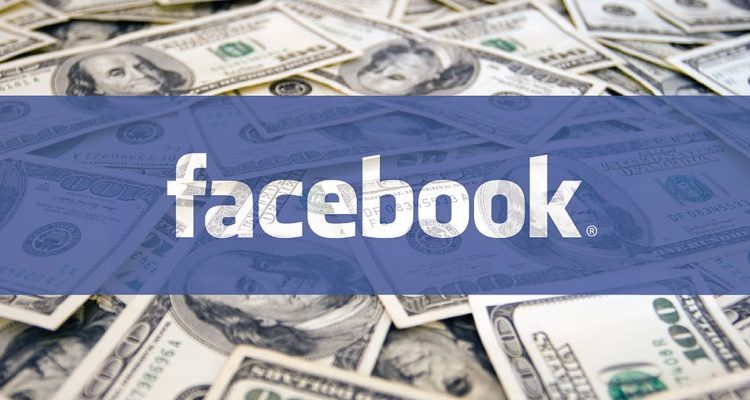
Photo Credit: flickr
In Australia, Facebook has recently been demonstrating just how much political pull it really has in the world these days. A landmark new Australian law would have forced Facebook to pay for any news content that showed up on the social media platform, potentially dealing the Silicon Valley giant a major blow and granting a big win to news publishers like Rupert Murdoch’s News Corp. But in response to the landmark new law, Facebook flexed its political muscle. The company told Australia, hey, we’re outta here if we have to pay for news. And guess what happened? Within days, Facebook suddenly announced that it had reached deals with major publishers about how news content would appear on its platform. Presumably, the payment stipulation of the new law was somehow reinterpreted, all in a bid to keep Facebook in Australia.
Could the Australia scenario happen in America?
In the U.S., of course, we’ve already had glimpses of Facebook’s lobbying power. Many of us have wondered how Facebook has managed to stay one step ahead of antitrust regulators and privacy lawyers for so long. It seems like every time the U.S. government is close to shutting down Facebook’s lucrative advertising-based business model, Mark Zuckerberg & Co. find yet another loophole. So that’s why what’s happening Down Under is so fascinating – it’s becoming increasingly clear that no nation is strong enough to stand up to Facebook. Presumably, if the Australian media establishment caved in a matter of days, it would take a similar amount of time for the U.S. media elites to cave as well.
Think about it – imagine waking up to a Facebook without a political news link of any kind, no sports news, no entertainment news, and no local news. It would make Facebook a very different type of place, especially given the fact that many people now turn to social media for their news. If people have cut their ties to cable TV, canceled their newspaper subscriptions, and stopped reading news magazines, then Facebook was probably their final life line to real news. If Facebook went dark, then most people would probably just rely on local hearsay from their neighbors, schoolmates or work colleagues for “real news.”
Who has the real power?
In the pre-social media era, the big news publishers had all the power. They “produced” the news, and then sold that “product” to others around the world. Since they had the power, they could charge for subscriptions and they could charge outrageous advertising rates because people had no place other to go. (Remember when people actually bought classified ads in newspapers?) But the emergence of social media completely upended that power dynamic. Now it’s the big social media companies – companies like Facebook and Google – that have all the power. As Facebook basically told the news content providers: “Look, you should just be happy that we’re giving you a lot of free web traffic for your miserable, failing news organizations…”
Social media companies have the power now, so it is these companies that control the advertising dollars. They can also dictate how the “news product” gets sliced and diced for consumption elsewhere on the web. As Facebook pointed out in response to the Australian law on paying for news content, “The law fundamentally misunderstands the relationship between our platform and the publishers who use it to share news content.” As in, Facebook doesn’t need the big news content providers, but the big news content providers need Facebook. Rupert Murdoch might think that his company (News Corp.) is the 800-pound gorilla in the room, but the reality is quite different. Even if you hate Facebook these days, you have to grudgingly admit that the Silicon Valley giant wields all the power these days.
Implications for Facebook’s business model
Looking ahead, it’s now clear that similar types of laws forcing social media companies to pay for content will not be successful. As legal experts opined in the aftermath of Facebook’s power play, “Australia has been a proxy battle for the world.” If Australia had been successful in forcing Facebook to pay for news, then there might have been momentum worldwide for similar types of arrangements. But now we know that such an outcome is highly unlikely, and that has major implications for both the future of social media and the future of democracy. If we hand over power to Facebook to control what is “real news” these days, are we not also handing over power to Facebook to control the future of our increasingly fragile democracy?